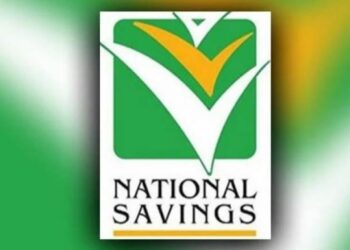RIYADH: Saudi Arabia will triple its value-added tax rate and suspend a cost of living allowance for state employees, the kingdom’s finance minister said on Monday, as part of austerity measures to support its coronavirus-hit economy.
“The cost of living allowance will be suspended as of June 1, and the value-added tax will be increased to 15% from 5% as of July 1,” Finance Minister Mohammed al-Jadaan said in the statement reported by the state news agency.
“These measures are painful but necessary to maintain financial and economic stability over the medium to long term, and to overcome the unprecedented coronavirus crisis with the least damage possible.”
In 2018, Saudi Arabia’s King Salman ordered a monthly payment of 1,000 riyals to every state employee to compensate them for the rising cost of living after the government hiked domestic gas prices and introduced value-added tax.
The government also said it will suspend its cost of living allowance to shore up state finances. The oil-rich nation has seen its income plummet as the impact of the pandemic has forced down global energy prices.
READ MORE: Saudi Arabia abolishes flogging as means of punishment
The kingdom first introduced VAT two years ago as part of efforts to cut its reliance on world crude oil markets. Saudi Arabia’s state news agency said VAT will increase from 5% to 15% as of 1 July, while the cost of living allowance will be suspended from 1 June.
At the same time Saudi Arabia’s central bank saw its foreign reserves fall in March at their fastest rate in at least two decades and to their lowest level since 2011. The measures to fight the impact of coronavirus are expected to slow the pace and scale of economic reforms launched by Crown Prince Mohammed bin Salman.
About 1.5 million Saudis are employed in the government sector, according to official figures released in December. The austerity measures being introduced come after the kingdom posted a $9 billion budget deficit in the first quarter.
READ MORE: Saudi Arabia to buy 9 million COVID-19 tests from China































